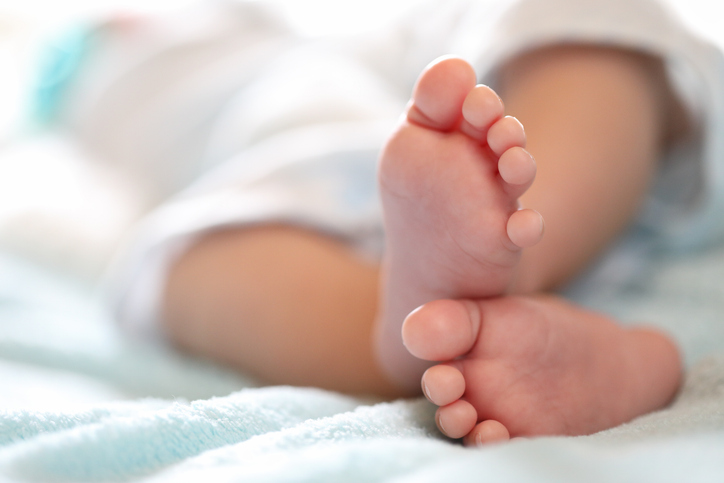In his book Selfish Reasons To Have More Kids, economist Bryan Caplan notes that, due to modern conveniences and our better quality of life, parenting should be easier than ever. Plus, in theory, as society grows richer, people should have more children. Instead, we have fewer, and parenting seems harder than ever.
Why is this? Caplan argues that it is because we have placed many new requirements and expectations on parents that previous generations never had. He contends that parenting has morphed into a suite of ever-changing, high-pressure social obligations – many of which are neurotic, consumerist and status-obsessed, such as saturating your child’s timetable with extracurricular activities to ensure that they are never bored.
It is only when the tick of the biological clock gets too loud to ignore that people decide to settle down
Caplan also points out that parents spend around twice as much time with their children as they did 40 years ago. This avalanche of expensive, time-consuming, high-stakes ‘stuff’ has turned parenting into an unpleasant, all-consuming chore rather than something that should be rewarding and, ultimately, fun.
The pressures on parents Caplan explores are social and cultural, not financial. This is something that governments need to remember when discussing the birth rates that are plummeting and plateauing around the world: if and when to have children is now an existential question, not an economic one.
Bridget Phillipson has become the latest politician to push for more pronatal policies, saying she ‘wants more young people to have children… to create the moments and memories that make our lives fulfilling’, as part of her promotion of the new nursery places inside around 200 schools across England. The problem is that, to put it simply, government interventions do not work.
Countries like South Korea, Germany, and Sweden all have generous family-friendly support measures – subsidised childcare, generous parental leave, tax breaks for married couples – yet all have fertility rates below 2.0. France spends a higher percentage of its GDP on families than any other OECD country, but last year saw its lowest number of births since the second world war.
It is not an economically straightforward equation: across the Western world, couples on moderate to high incomes have fewer children than the less wealthy, whilst countries with affordable housing costs (such as Chile) still have stubbornly low birth rates (1.54).
Politicians need to accept that the state is never going to be able to reverse this demographic trend because, ultimately, the biggest reason people delay having kids is FOMO (fear of missing out). Having kids is a lifestyle choice: people know that doing so means that you see your friends less, eat out less, travel less, go to the gym less, are less likely to take up a promotion if it means longer hours.
As a result, people feel this often overwhelming pressure to ‘make the most of your twenties’, when fulfilment means fun, freedom, and furthering your career. It is only when the tick of the biological clock gets too loud to ignore, or the FOMO passes because all of your friends are having babies too, that people finally decide to settle down.
Of course, there are financial barriers, in particular the extortionate cost of housing in the UK, which is arguably the main reason why couples who already have children decide not to expand their families. I had a child back in October, and I am already worried about how we will make our housing situation work if and when we decide to have another.
Yet I still maintain that social push and pull factors are a more important reason why people delay having children in the first place. I am 32, and the vast majority of my friendship group do not have children. Yet many of them are in stable relationships or married, have well-paid jobs, good housing situations, supportive families, and are in a financially fortunate enough position that they could have children.
It’s not that they don’t want children – they do eventually – but they delay for as long as possible. Why? Because they are all too acutely aware of what they give up, rather than what they gain, when they have children – whether that’s the freedom to lie in, to go to Glastonbury, to train for a marathon, to travel at whim. These fears are just as paralysing, if not more, for men, who are all too often left out of the conversation of falling birth rates. Much has been made of why women delay having children, but anecdotally I feel that many of my male friends push back the timeframe because they have ‘too much they want to do first’, as if life stops when you have children.
These existential questions are not ones that any government can answer. Cold hard cash is never going to work because the opportunity cost of having children is simply too high, and no one is going to be motivated to have a baby to prop up GDP. Politicians like Bridget Phillipson can espouse the joys of parenting all they like, but they may be better off accepting this new reality – and the impossibility of reversing it.







Comments